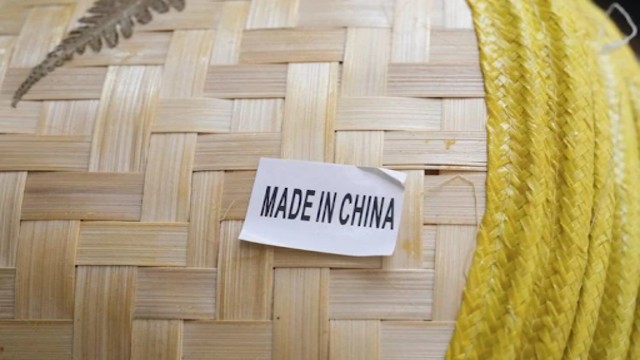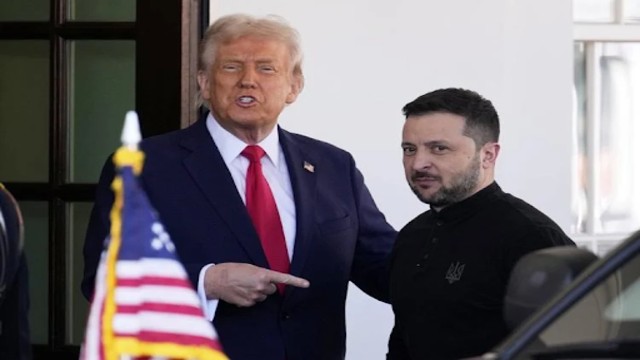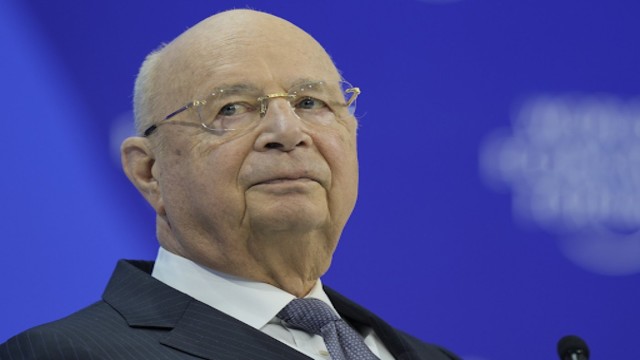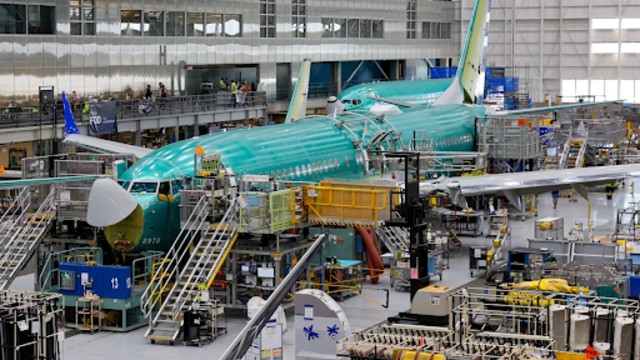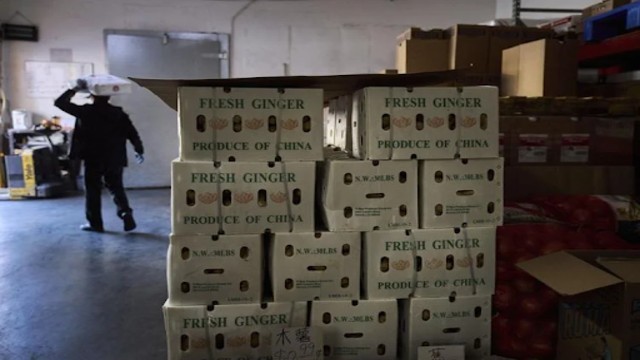
GM workers use human assisted automation to weld vehicle doors at the General Motors assembly plant in Oshawa, Ont., on Friday, March 19, 2021.
The U.S. government has offered a major reprieve for the North American automobile industry. On Thursday, U.S. Customs and Border Protection clarified that Canadian-made automobile parts compliant with the Canada-U.S.-Mexico Agreement (CUSMA) will not face President Donald
Trump’s steep import tariffs.
This decision follows growing pressure from automakers and parts manufacturers worried about soaring costs and disrupted supply chains.
Relief for a Deeply Connected Automobile Industry
Last month, President Trump imposed a 25% tariff on all vehicle imports to the U.S. While American-made components under CUSMA were already excluded, the status of imported auto parts remained uncertain. The White House had hinted at a potential exemption for CUSMA-compliant parts, but no formal confirmation came—until now.
U.S. Customs' latest guidance confirms that parts adhering to CUSMA rules will not be taxed. However, it excludes automobile knock-down kits or parts compilations from this exemption.
Border Crossings Complicate Tariff Implementation
Automotive supply chains in North America are uniquely complex. A single part can cross the U.S.-Canada border several times before final assembly. Industry experts said applying tariffs only to non-American elements would have been nearly impossible to enforce.
Flavio Volpe, head of Canada’s Automotive Parts Manufacturers' Association, said the administration was forced to face reality. “The risk of shutting down the entire sector was too big to ignore,” he noted.
Detroit's Big Three Pushed Back Hard
Automakers like Ford, General Motors, and Stellantis have spent months lobbying the Trump administration. Their message was clear: the new duties would raise vehicle prices, hurt competitiveness, and threaten thousands of jobs.
General Motors CEO Mary Barra warned that the tariffs could cost her company up to $5 billion. Auto industry groups in the U.S. echoed those concerns. Six of the largest sent a joint letter to Washington last week. The message was stark—tariffs could trigger layoffs, supply chain chaos, and even bankruptcies.
Trump Eases the Pressure, But Holds His Line
Earlier this week, President Trump acknowledged the turmoil and offered what he called a "short-term transition break." In response, he signed two executive orders aimed at softening the blow.
The first order ensures that companies already paying auto tariffs won’t also be burdened with extra levies—like the 25% steel and aluminum tariffs—on the same imports.
The second introduces a rebate for automakers that complete their vehicle assembly in the U.S. Companies can receive up to 15% of the car’s retail price back. This figure drops to 10% the following year. A White House fact sheet later clarified that CUSMA-compliant components may also qualify for similar relief.
Canadian Automobile Industry Has Deep Roots
Trump insists these measures will restore American manufacturing dominance. However, Canada’s auto sector has been intertwined with the U.S. since the 1965 Auto Pact. CUSMA, signed during Trump’s first term, was designed to strengthen that connection—not sever it.
Volpe called the exemption an overdue acknowledgment. “They realized that laying off thousands isn’t something you can spin. People notice when they're sent home,” he said.
Stellantis Plant Pauses Ahead of New Models
Meanwhile, Stellantis confirmed it will pause production at its Windsor, Ontario plant for a week starting May 5. The shutdown is linked to preparations for the upcoming launch of new 2026 models, including the Chrysler Pacifica, Grand Caravan, Voyager, and Dodge Charger Daytona.
The company said it’s watching the situation closely and will adjust plans as needed.
A Fragile Truce
The tariff decision marks a temporary victory for North America’s auto sector. But industry leaders remain cautious. While the exemption offers breathing room, the risk of future trade disruptions still looms.
For now, the wheels of production keep turning—just a little more smoothly.


